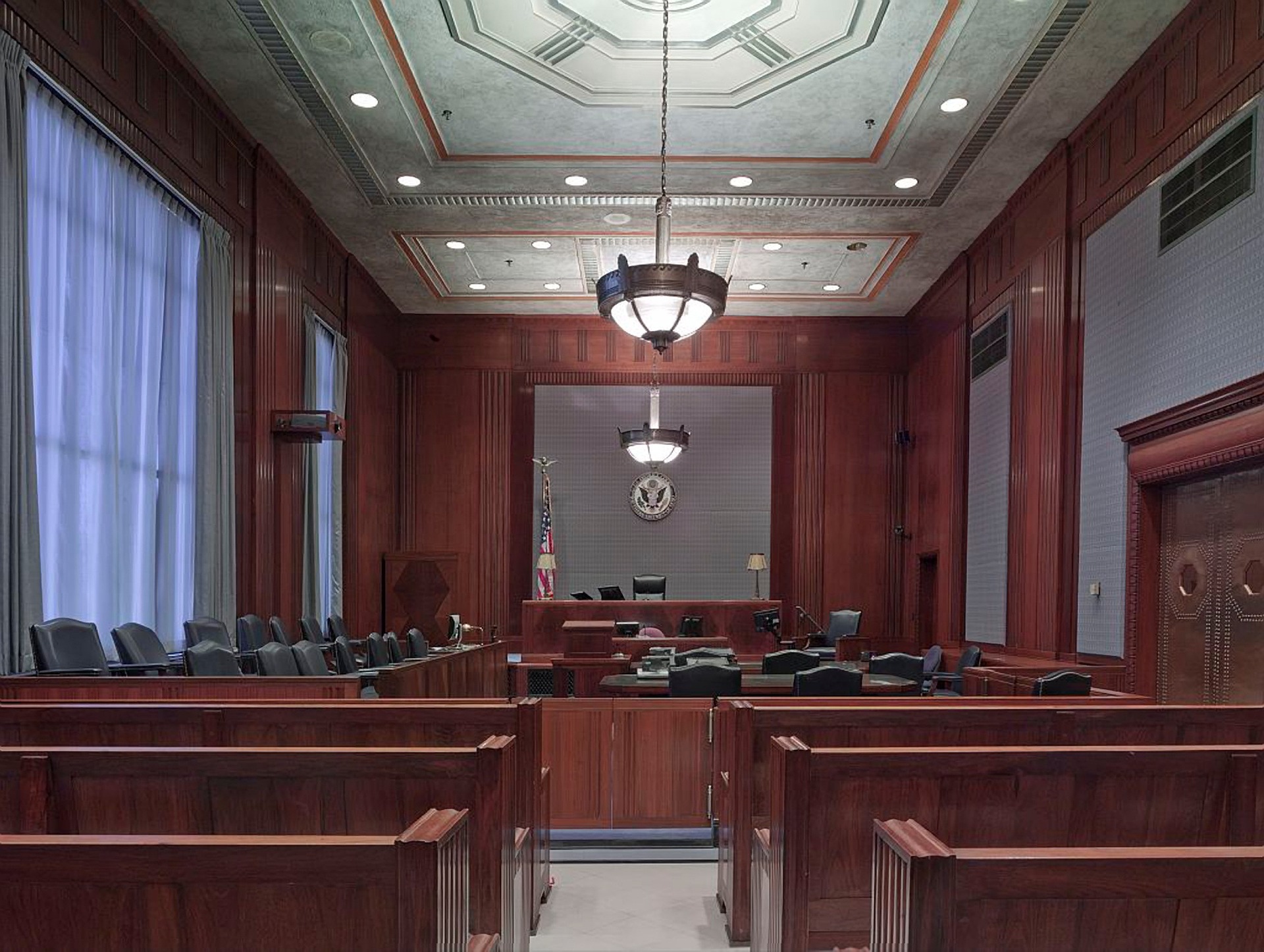Decoding the Intricacies of Adverse Possession Laws in the United States
The legal concept of adverse possession may seem obscure to many, yet it carries significant implications for property rights in the United States. This article delves into the historical background, current updates, and societal impact of these laws, offering a comprehensive analysis of this little-explored topic.

Historical Background of Adverse Possession Laws
Adverse possession laws trace their roots back to Roman law and were later adopted by English common law. The main rationale behind these laws was to ensure the productive use of land and prevent long-term vacancies. In the U.S, these laws were incorporated into the legal framework during the country’s early years, primarily to encourage settlement and cultivation of land.
Understanding Adverse Possession
Adverse possession is a legal doctrine that allows a person to claim ownership of a property if they have occupied it for a certain period, typically without the owner’s consent. The specifics of these laws vary from state to state, but the fundamental principles remain the same. To establish a claim of adverse possession, the possessor’s occupation of the property must be continuous, hostile, open, notorious, and exclusive.
Recent Developments in Adverse Possession Laws
Recent years have seen several states amend their adverse possession laws. For instance, Colorado introduced a law in 2008 that requires claimants to pay back taxes for the years they occupied the property. This amendment was introduced in response to a high-profile case in Boulder, where a couple successfully claimed a plot of vacant land worth over $1 million through adverse possession.
Adverse Possession and Society
The implications of adverse possession are far-reaching. To property owners, these laws emphasize the importance of vigilance in maintaining and monitoring their property rights. For squatters or long-term occupiers, these laws can provide a legal pathway to ownership, particularly in cases where the original owner has abandoned the property.
However, adverse possession laws have also been criticized for potentially enabling land theft. Critics argue that these laws can be used unscrupulously to dispossess rightful owners, particularly those who are absent for extended periods due to reasons beyond their control, such as military deployment or long-term illness.
The Future of Adverse Possession
Given the evolving perspectives on land use and property rights, adverse possession laws are likely to continue undergoing revisions. Some legal experts suggest that these laws may be modernized to better balance the rights of original owners and long-term occupiers. Others propose more radical changes, such as abolishing the doctrine of adverse possession altogether. Regardless of the direction of future amendments, the ongoing discourse around these laws underscores their enduring relevance in the U.S legal landscape.
Adverse possession laws, while often overlooked, play a significant role in property law and societal dynamics. As these laws continue to evolve, understanding their intricacies becomes even more critical. This article has aimed to provide a comprehensive insight into this complex legal doctrine, shedding light on its history, current status, and potential future developments.






